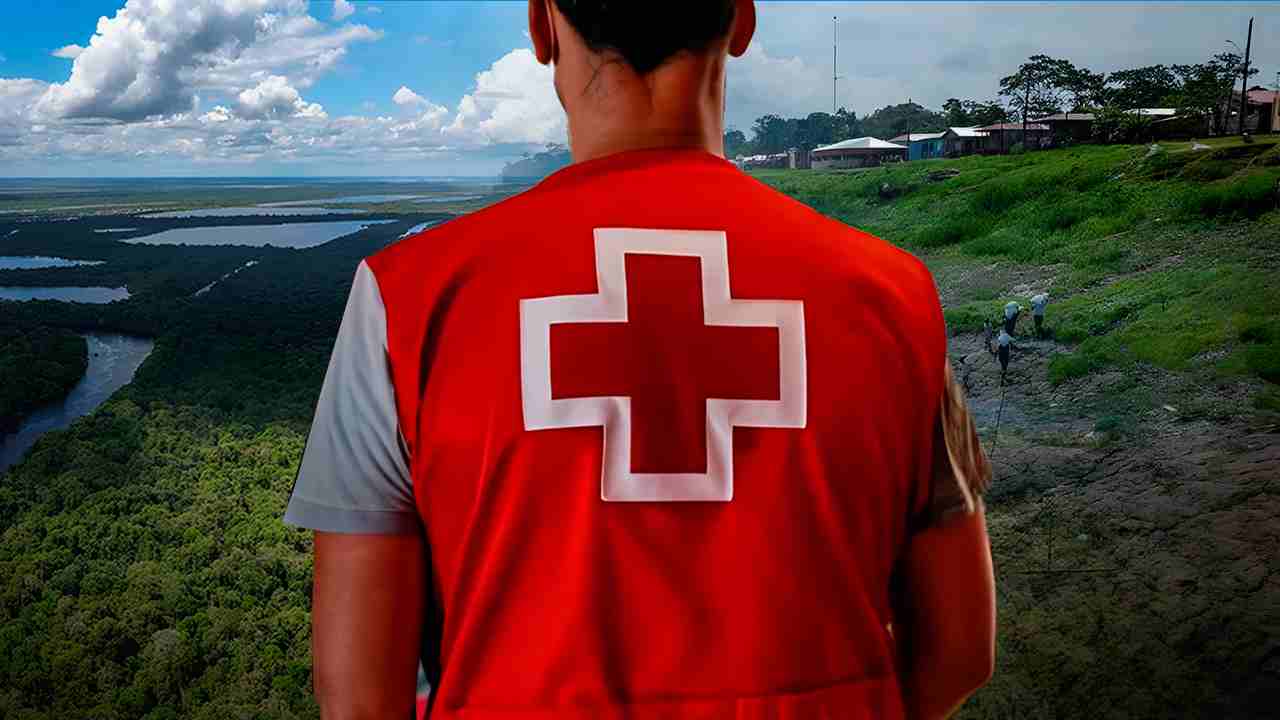The Red Cross has launched the Amazon Alliance, a program created to address the growing threats of the climate crisis, natural disasters, and biodiversity loss in this ecosystem.
The initiative brings together the national societies of the organization in Bolivia, Brazil, Colombia, Ecuador, and Venezuela, with the aim of supporting communities affected by the climate impacts in the Amazon rainforest.
Importance of the Amazon for addressing the climate crisis
The Amazon generates 20% of the world’s oxygen and is home to approximately 10% of all known species.
However, deforestation, fires, extractive activities, along with floods, fires, and droughts, are threatening the lives of these species and the more than 40 million people who inhabit this ecosystem, including 350 groups of indigenous peoples.
The Red Cross plan will focus on disaster risk management, climate resilience, community health, sustainable livelihoods, and response to disasters and climate displacements. According to Xavier Castellanos, Deputy Secretary-General of the IFRC, these activities will maximize efforts to strengthen community resilience and respond to crises affecting the populations of the Amazon.

Activities and collaborations of the Red Cross
The activities will complement the work already carried out by the national Red Cross teams in the nine territories through which the Amazon flows (Brazil, Peru, Colombia, Venezuela, Ecuador, Bolivia, Suriname, Guyana, and French Guiana). They have collaborated with more than 53 Amazon communities to promote community health and reduce disaster risk.
In Ecuador, volunteers work with indigenous peoples on the application of agricultural techniques that reduce the risk of droughts, contributing to income diversification and ecosystem restoration. In Colombia, the Red Cross provides health assistance and access to medications in remote and hard-to-reach areas.
The Red Cross Alliance for the Amazon is based on solid experience. The Red Cross Societies of the Amazon countries have promoted community health and reduced disaster risk in more than 53 communities. This new effort seeks to expand on these successes and align with the IFRC’s global experience in climate resilience and disaster management.
Have you visited our YouTube channel yet? Subscribe now!

